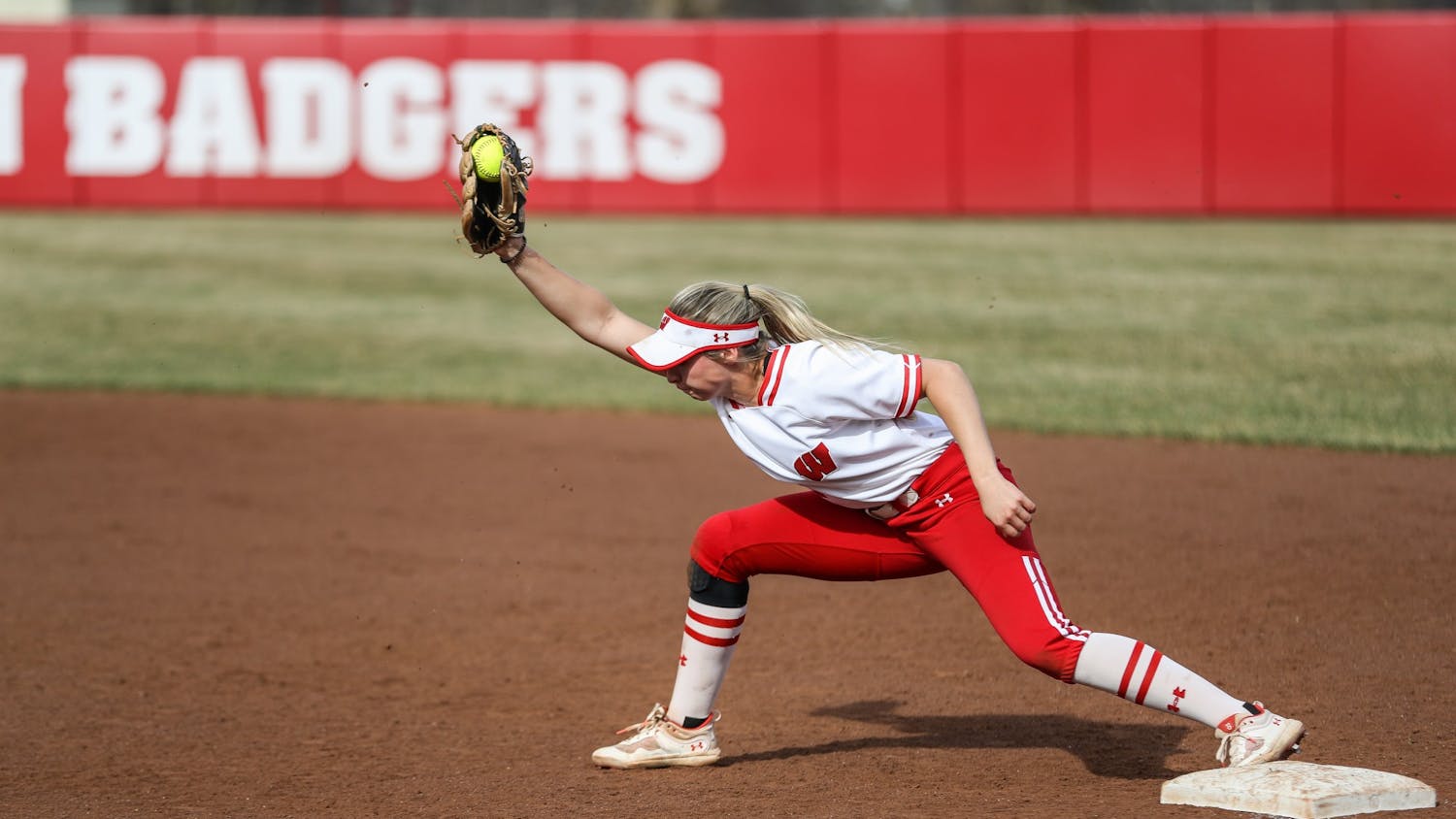A day after the Chicago Bulls’ loss to the Atlanta Hawks on Wednesday, Rajon Rondo felt compelled to respond to the criticisms levied onto the team by Jimmy Butler and Dwyane Wade in the wake of the defeat.
As detailed in his latest Instagram post, Rondo was apparently incensed that Wade and Butler vented to “the media” after the game, as they criticized the team’s effort and execution vs. Atlanta.
Rondo had a right to be upset with Butler and Wade for their public critiques of the team, as one can certainly argue some things are better left in the locker room. That leverage, however, was forfeited when Rondo responded to his teammates in an equally public fashion.
Rondo’s criticism of Butler and Wade speaking to “the media” follows a common trope among athletes that reporters are not to be trusted, and therefore it is likely that the former Kentucky guard was feeling betrayed by his teammates.
Sure, Rondo didn’t vent his grievances directly to reporters, but he did post it onto an account with more than 600,000 followers, so let’s not pretend that he acted much differently from Wade and Butler. He responded publicly to a public criticism.
Rondo’s view of social media and “the media” as separate entities is interesting, but ultimately is misguided and outdated. There’s nothing stopping reporters from visiting his Instagram account and transcribing his post just like they would in a post-game press conference. Rondo needs to realize that a journalist’s capacities now expand far beyond pen and paper and in-person reporting.
Both were surely talked about on Twitter, in newspapers and on blogs, as both incidents featured honest and open dialogue from athletes. “The media” does not discriminate based on the medium of communication used.
Rondo’s Instagram rant, while well-worded and eloquent, is the type of event that can divide a team, and the type of act one would expect more from a petulant rookie than a 30-year-old veteran.
Why then, does it seem like these types of inciting, controversial posts are less common among college athletes?
Perhaps it’s the fact that they are more obedient to their coaches than pro players, or aware that controversial posts could harm their future job prospects. Either way, we are unlikely to see Nigel Hayes calling out his teammates anytime soon on social media.
Generally, I believe there is often a shift in college athletes’ social media personas once they have a more secure future, whether that is transitioning to the professional level or working in another field.
Aside from the likely strict posting rules that the NCAA enforces on its athletes, college athletes generally act cautiously online, merely posting about upcoming games, expressing their gratitude toward fans and playfully engaging with teammates.
People who divert from that narrative to talk about more serious subjects, such as Hayes with the Black Lives Matter movement, are praised for their courage. Whereas those who share more crass, unfiltered beliefs, like former Mississippi guard Marshall Henderson, gain viral notoriety.
This reaction to outspoken college athletes shows that there is a certain expectation on how college players should act on social media, as they are often nudged toward an agreeable, understated online existence.
Ultimately, there is nothing wrong with a safe, vanilla social media account, and there’s also nothing wrong with one that addresses more contentious topics such as racism, police brutality or sexual harassment.
There are currently more than 460,000 NCAA student-athletes from all walks of life. Why should we expect them all to act the same?






